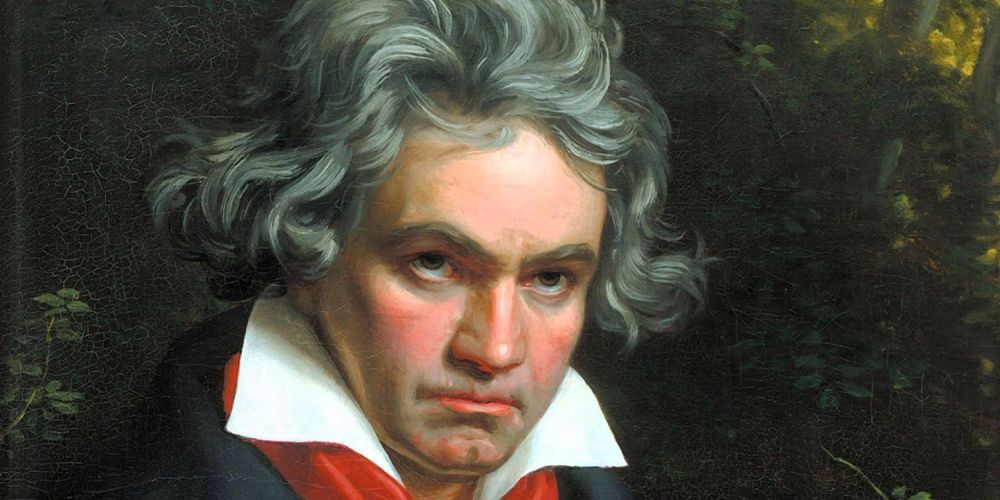
Beethoven 250 Houston 2020
Celebrating Beethoven’s 250th in Houston
Beethoven 250 Houston 2020 brings the worldwide celebration of the 250th anniversary of the birth of Ludwig von Beethoven—one of the great figures in the history of Western art, born in 1770 in Bonn, Germany—to the city of Houston in February 2020. Two weeks of concerts and symposia on the University of Houston campus will include performances of Beethoven’s music by internationally renowned guest artists with Moores School of Music faculty and students; a three-day symposium hosted by the Texas Society for Music Theory and the Southwest Chapter of the American Musicological Society and including recent scholarship on the music of Beethoven; and appearances by six of the world’s leading Beethoven scholars for lectures, keynote addresses, workshops, and seminars.
February 17–29, 2020 on the University of Houston campus
Guest Artists
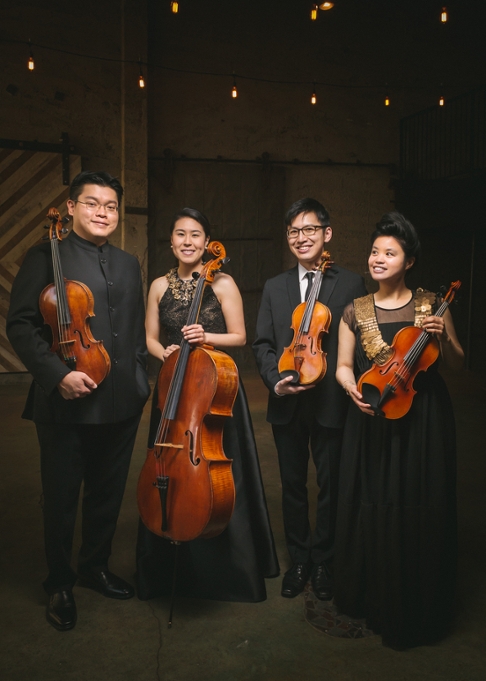
The Formosa Quartet
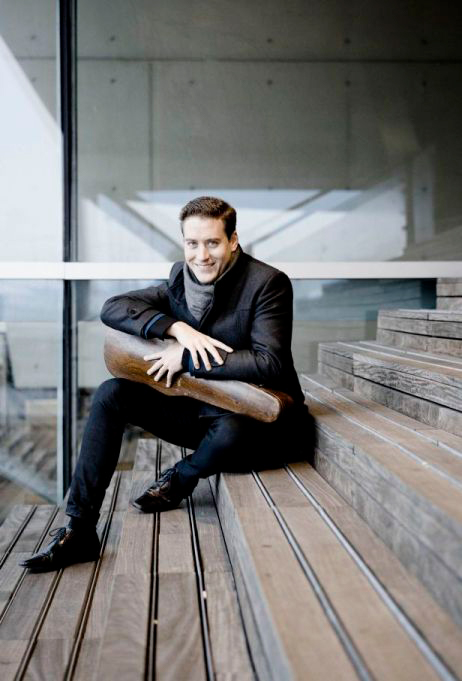
Kristóf Baráti, violin
Guest Scholars
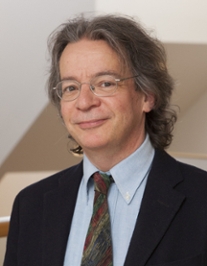
Scott Burnham
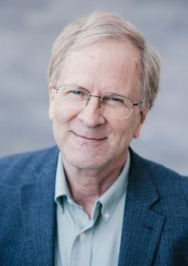
Robert Hatten
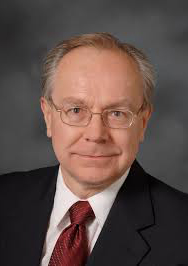
James Hepokoski
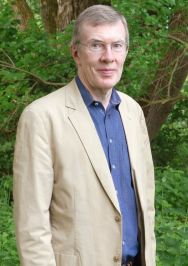
William Kinderman
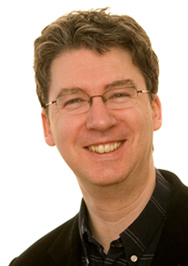
Michael Spitzer
Schedule of Events
Week 1
February 16—22
Residency: Formosa Quartet. All Formosa Quartet events free and open to the public unless otherwise noted.
Monday, February 17
4:00 PM–6:00 PM
Moores School of Music room 145
Formosa Quartet: Open Rehearsal
7:00 PM–9:00 PM
Moores School of Music room 160
Tuesday, February 18
Formosa Quartet: Open Rehearsal
9:00 AM–11:00 AM
Moores School of Music room 160
Opening Lecture: "Beethoven's Inner Voices"
6:00 PM–7:15 PM
Dudley Recital Hall
Andrew Davis (Dean and Professor of Music)
Rex Koontz (Professor of Art History)
Free and open to the public
Wednesday, February 19
4:00 PM–6:00 PM
Dudley Recital Hall
Formosa Quartet: Chamber Music Masterclass
7:00 PM–9:00 PM
Moores School of Music room 160
Thursday, February 20
10:00 AM–12:00 PM
Moores School of Music room 129
7:00 PM
Asia Society Texas Center
1370 Southmore Blvd.
Houston, TX 77004
Program:
Beethoven, String Quartet in B-flat major, op. 18 no. 6
Wei-Chieh Lin, Taiwanese Folk Songs (2017)*
*Formosa Quartet commission
Friday, February 21
10:00 AM–12:00 PM
Moores School of Music room 175
4:00 PM–6:00 PM
Moores School of Music room 160
Saturday, February 22
Formosa Quartet: Concert: Music of Beethoven (ticketed event: tickets available here)
7:30 PM
Dudley Recital Hall
University of Houston
Program:
Beethoven, String Quartet in B-flat major, op. 18 no. 6
Wei-Chieh Lin, Pasibutbut (2013)* (program notes here)
Beethoven, String Quartet in A minor, op. 132
*Formosa Quartet commission
Week 2
February 23—29
Residency: Kristóf Baráti, violin / Jo Dee and Cliff Wright Great Artist, Beethoven 250 Houston 2020
Tuesday, February 25
Kristóf Baráti: Violin Masterclass
7:00 PM–10:00 PM
Dudley Recital Hall
Concert: University of Houston Wind Ensemble: joyRIDE (ticketed event: tickets available here)
7:30 PM
Moores Opera House
University of Houston
Program:
Michael Markowski, joyRIDE (inspired by Beethoven, Symphony no. 9 in D minor, op. 125, "Ode to Joy," and John Adams, Short Ride in a Fast Machine)
Thursday, February 27
CANCELLED due to City of Houston water service failure and Universty of Houston campus closure
Concert: Moores School of Music Faculty Artists: Chamber Music of Beethoven (ticketed event: tickets available here)
7:30 PM
Dudley Recital Hall
Universty of Houston
Andrew Staupe, piano
Kirsten Yon, violin
Louis-Marie Fardet, cello (guest artist)
Piano Sonata in A major, op. 2 no. 2
Cello Sonata in C major, op. 102 no. 1
Violin Sonata in A minor, op. 47 ("Kreutzer")
Friday—Saturday, February 28—29
Conference: Annual meeting of the Texas Society for Music Theory and the Southwest Chapter of the American Musicological Society
Guest scholars in residence: Scott Burnham, Robert Hatten, James Hepokoski, William Kinderman, Michael Spitzer
Full conference schedule and program here
Friday, February 28
Concert: Moores School of Music Faculty Artists: Chamber Music of Beethoven
(free; no tickets required)
For patrons who purchased tickets for the originally scheduled concert and would like a refund, please contact the Box Office at (713) 743-3388 or kgmcaboxoffice@uh.edu.
Please note: Offices will remain closed until the campus re-opens and responses may be delayed. Leave a voicemail or send us an email with the name on your order or the order number and a member of our staff will get back to you as soon as possible!
7:00 PM (note new start time)
Christ Church Cathedral
1117 Texas Ave., Houston 77002
Aralee Dorough, flute
Timothy Hester, piano
Desmond Hoebig, cellist (guest artist)
Robert Johnson, horn
Timothy Jones, baritone
Suzanne LeFevre, viola
Kirsten Yon, violin
Horn Sonata in F Major, op. 17
Serenade in D Major for Flute, Violin, and Viola, op. 25
"An die ferne Geliebte," op. 98
Quartet for Piano and Strings in Eb Major, op. 16
Saturday, February 29
Concert: Moores School Symphony Orchestra with Kristóf Baráti: Music of Beethoven (ticketed event: tickets available here)
THIS CONCERT WILL TAKE PLACE ON SCHEDULE AND AS PLANNED. Please note that, due to the City of Houston water emergency, water pressure across the University of Houston campus remains inconsistent and this is affecting some services. Before attending the concert, please know that restrooms in the Moores Opera House may be intermittently out of order during Saturday night’s performance. Water stations and drinking fountains will not be operational. We regret any inconvenience this may cause.
7:30 PM
Moores Opera House
University of Houston
Franz Anton Krager, conductor
Kristóf Baráti, violin and conductor
Violin Concerto in D Major, op. 61
Symphony no. 3 in E-flat Major, op. 55 ("Eroica")
Supporters




